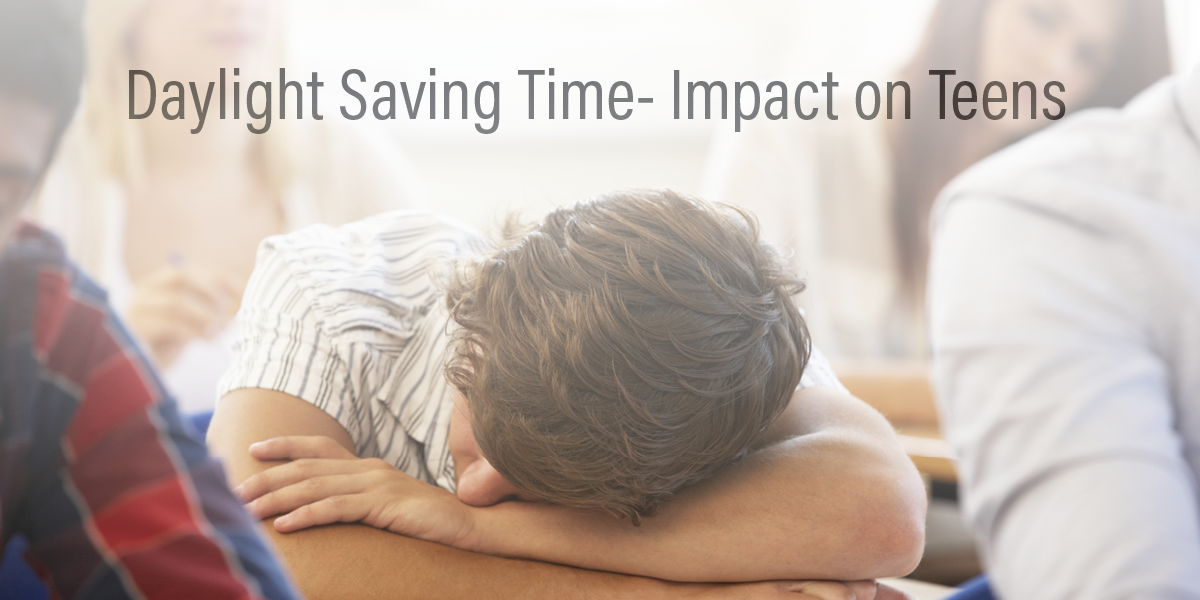
March 8, 2024
Teenagers need 8 to 10 hours of sleep “for optimal health,” according to the American Academy of Sleep Medicine. We all know most teens are getting much less sleep than the recommended hours, and this is before factoring in the additional hours lost due to the implementation of daylight savings time. Due to their youth, many people assume that teenagers can get by skimping on sleep, but the opposite is true. Early school start times, combined with teens’ natural inclination to stay up late, can result in shortened sleep, an increase in accidents, and a higher risk of depression. Parents need to know that these negative effects can be mitigated, but vigilance is needed. Planning for the time change can be key to lessening the impact of time change. Experts say starting an earlier-to-bed routine of 15 to 20 minutes each day for at least several days in advance of the time change can make a difference. If that’s not possible, do your best — every little bit helps. For most younger children, moving their bedtime and wake time by about 10 to 15 minutes earlier, starting three days before the time change, can help them adjust.
Don’t forget about yourself- parents also need to make sure they are getting the rest they need. – Emily Leib, PA, Coryell Health Sleep Specialist
For more information, contact your Coryell Health primary care physician or Coryell Health’s sleep center at (254) 248-6296.
 Skip to content
Skip to content
